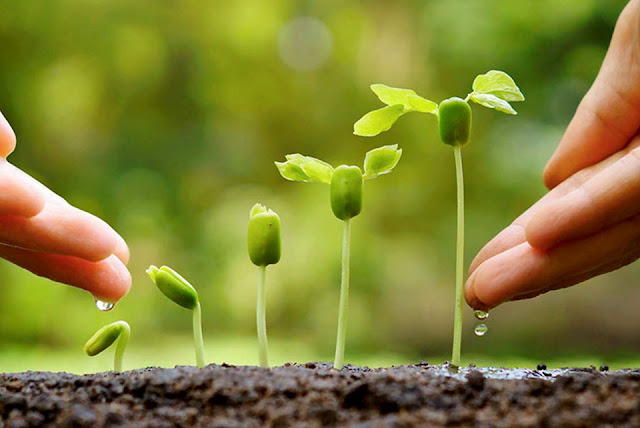Biostimulants Are Compounds That Can Be Administered To Soil, Seeds, Plants, Or Other Living Things
 |
| Biostimulants |
The use of biostimulants to promote plant growth is becoming more popular. Since agricultural biostimulants aid in amplifying root biomass, nutrient uptake, and enzymatic activities, businesses in the biostimulants industry are expanding their manufacturing capacities. Biostimulants that are abundant in minerals, plant hormones, amino acids, and similar substances are becoming more widely available thanks to manufacturers.Applying the right biostimulants can increase the vigour of the root and shoot systems.
However, choosing the right biostimulant is important because the effects might differ significantly between species. To raise knowledge among end users regarding the right use of biostimulants as per various crop kinds, producers and distributors should host educational programmes and seminars. Manufacturers are expanding the selection of biostimulants that enhance mineral status and chlorophyll production. They are shifting their attention to fresh biostimulant uses, like bioremediation of oil spills.
Biostimulants are compounds that can be administered to soil, seeds, plants, or other living things. In order to influence plant growth through enhanced tolerance to abiotic stimuli and boost seed and/or grain yield and quality, these chemicals alter essential and structural processes. Biostimulants also lessen the requirement for fertilisers.
For crop nutrition and crop protection, biostimulants are crucial in organic farming and gardening. In addition, regardless of their nutrient levels, biostimulants applied to plants improve nutrition effectiveness, abiotic stress tolerance, and/or plant quality attributes. In addition to the fact that comparing yield between various systems is very context-dependent, biostimulants or biofertilizers are important elements of sustainable agriculture and have the potential to tip the scale in favour of organic agricultural techniques.
A biostimulant is a naturally occurring additive or microorganism that is added to crops to improve crop quality, abiotic stress resistance, and nutrient efficiency. Plants such as fruits and vegetables, cereals and grains, oilseeds and pulses, and turf and ornamentals are all treated with biostimulants. Biostimulants can be applied to plants using a variety of techniques, including as foliar application, soil application, and seed application. Biostimulants are applied to sections of the plant that are visible above the soil during foliar feeding, and they are particularly important for horticultural crops.



Comments
Post a Comment